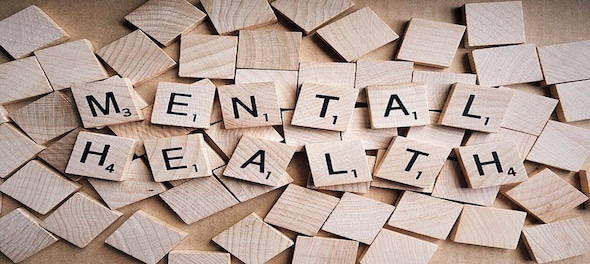
World Mental Health Day, observed annually on October 10, serves as a vital platform to raise awareness and combat the social stigma surrounding mental health worldwide. Established in 1992 by the World Federation for Mental Health, this day unites supporters from over 150 countries to spotlight the global impact of mental health issues. It's a poignant reminder that mental health deserves attention, resources, and compassion on a global scale.
Recent years have witnessed growing recognition of the pivotal role mental health plays in achieving global development goals, as highlighted by its inclusion in the Sustainable Development Goals. . According to the World Health Organization (WHO), depression ranks among the foremost causes of disability, and suicide is the fourth leading cause of death among 15-29-year-olds. Shockingly, individuals with severe mental health conditions face a premature mortality rate up to two decades earlier due to preventable physical conditions.
In 2019, the World Health Organization (WHO) reported that 1 in every 8 people globally, totaling 970 million individuals, lived with a mental disorder, with anxiety and depressive disorders being the most prevalent. The COVID-19 pandemic exacerbated these numbers significantly, witnessing a 26 percent rise in anxiety disorders and a 28 percent increase in major depressive disorders in just a year.
India, deeply affected by this crisis, had 197 million individuals, constituting 14.3 percent of its population, grappling with mental disorders in 2017, as per the National Centre for Biotechnology Information (NCBI). Mental diseases accounted for 4.7 percent of the total Disability-Adjusted Life Years (DALYs) in India in 2017, up from 2.5 percent in 1990. Depressive disorders (33.8 percent) and anxiety disorders (19.0 percent) were the leading contributors to DALYs in India that year, followed by dissociative identity disorder (10.8 percent), schizophrenia (9.8 percent), bipolar disorder (6.9 percent), and conduct disorder (5.9 percent).
India's mental healthcare system faces a glaring challenge of severe understaffing. WHO's data reveals a stark reality: there are merely three psychiatrists and psychologists for every 100,000 people in the country. This scarcity, exacerbated by the pandemic's impact, is projected to worsen, potentially affecting up to 20 percent of the country's population with mental disorders.
Check out our in-depth Market Coverage, Business News & get real-time Stock Market Updates on CNBC-TV18. Also, Watch our channels CNBC-TV18, CNBC Awaaz and CNBC Bajar Live on-the-go!


Prajwal Revanna's father in custody for alleged kidnapping and sexual abuse
May 4, 2024 7:53 PM
Delhi, Indore, Surat and Banswara — why these are the most challenging domains for Congress internally
May 4, 2024 1:53 PM
Congress nominee from Puri Lok Sabha seat withdraws, citing no funds from party
May 4, 2024 12:00 PM
Lok Sabha Polls '24 | Rahul Gandhi in Rae Bareli, why not Amethi
May 4, 2024 9:43 AM

